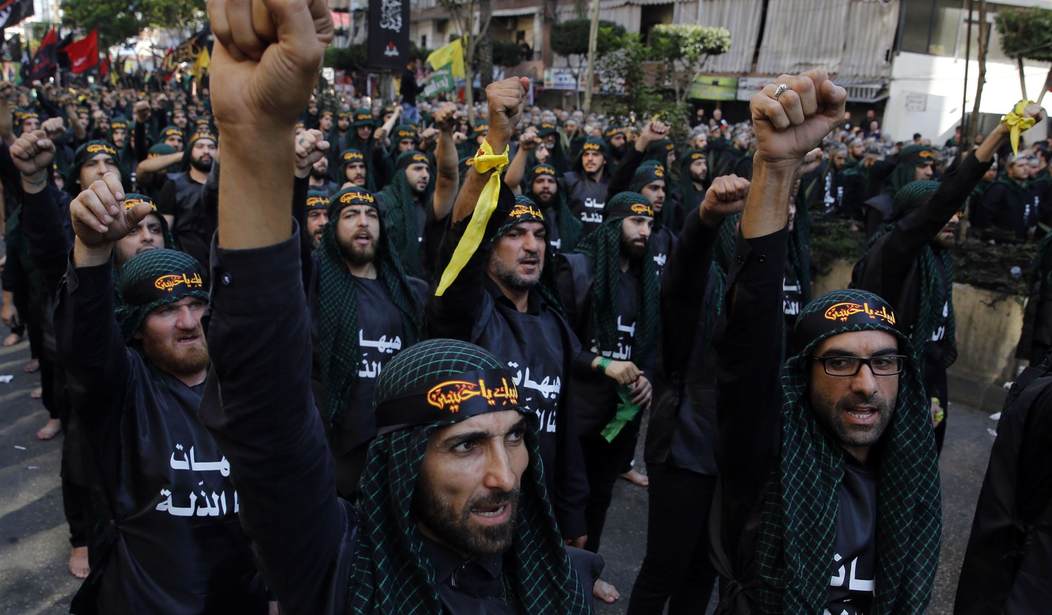Nothing can inflame the Islamic community in some parts of the world more quickly than perceived insults of Muhammad, the prophet of Islam. Few people in history, if any, command this kind of ardent loyalty. This loyalty has been playing out again of late in India.
Muslims in India are demanding the arrest of a Hindu leader over what the Free Press Journal on Thursday delicately termed “disparaging remarks about Prophet Muhammad and his wife Ayesha.” The situation was extremely tense, for “the Raza Academy, a Sunni group, which was among the groups that met the DGP [the Director General of Police], has asked Muslims to observe Friday as 'Day of Protection in the Honour of the Prophet.’” Another Islamic group complained that the Hindu leader had not yet been arrested, despite the fact that India is not a Sharia state, and warned ominously that there could be a “serious law and order problem in society” if he were not arrested.
Why would perceived insults to Muhammad so enrage some Muslims that they would issue not-so-veiled threats of violence? This question vexes Westerners, including observant Christians, as they would never start wrecking buildings and burning things down because of insults of Jesus. Islamic apologists, however, have stated that this is because of the weakness of Christians’ faith; if Christians really loved Jesus, they say, they wouldn’t stand for his name being besmirched.
Many Muslims also maintain that Muhammad himself was such a singularly wonderful personality that insults of him are particularly upsetting. The Yaqeen Institute for Islamic Research states: “God combined in Muhammad the most illustrious qualities, as evidence that he was in fact authorized by the Divine. His character sparkled from every angle, and this was noticed both by those who experienced him firsthand and those who later read his biography. They all found in Muhammad a lifestyle of extraordinary sincerity, conviction, and virtue that posed a formidable challenge to any doubter in his prophethood.” Another Islamic organization agrees: “He is the embodiment of the perfect human being. There are so many things we can learn from him. His whole life serves as a guide for us.”
Western non-Muslim scholars have abetted this impression. Karen Armstrong, in her acclaimed "Muhammad: A Biography of the Prophet," claims fancifully that Muhammad “abjured violence and pursued a daring, inspired policy of non-violence that was worthy of Gandhi.” Another scholar, Eric Ormsby, has written fondly that Muhammad “loved to laugh, we are told, to the extent that when he did laugh – admittedly, not often – he did so ‘until his back teeth showed’. These are charming reports; they make a figure remote in time and place startlingly present and credible.”
Both Armstrong and Ormsby, however, were being astonishingly disingenuous. Muhammad never abjured violence. Islamic tradition states that not only did Muhammad lead jihad warriors into battle on numerous occasions; he also ordered the assassinations of several people for the crime of making fun of him, and rewarded the killers.
And as for Muhammad’s hearty laugh, “Muhammad: A Critical Biography” tells the full story that Ormsby omits, or may not know. According to the earliest Islamic traditions, Muhammad was laughing not at a marvelous joke or quip, but because he ordered one of his expert archers to shoot an enemy warrior, whereupon the enemy “fell down, exposing his buttocks.” The archer recounts: “I saw the Messenger of God laugh then, until his teeth could be seen.” Another version of the story, which situates it as taking place during a different battle, has a couple of bystanders discuss the incident after Muhammad’s archer shoots the rival warrior: “I asked: ‘What made him laugh?’ He replied: ‘What he did to the man!’”
Related: As a Canadian Imam Calls for Jihad in Muhammad’s Name, a Tough Question Must Be Asked
Ormsby’s “charming” tale thus turns out to be Muhammad exulting in the humiliation and destruction of one of his enemies. This is in keeping with the aggressiveness and bellicosity that runs through the Islamic accounts of Muhammad’s life. It is, therefore, no surprise that the believers in Muhammad in India and elsewhere would so quickly threaten violence when their prophet was insulted. After all, that was how he himself behaved, and he is, according to the Qur’an, the Muslims’ “excellent example” (33:21), to be emulated in all possible circumstances.
Armstrong and Ormsby, however, represent the dominant view of Muhammad among Qatar-funded U.S. academics today. It’s no wonder, in light of that fact, that American universities have become hotbeds of support for Hamas, Hizballah, and other jihad terror groups. Kids on campus for over a generation have been fed a steady diet of propaganda, and it’s bearing fruit. “Muhammad: A Critical Biography” is a corrective.










Join the conversation as a VIP Member